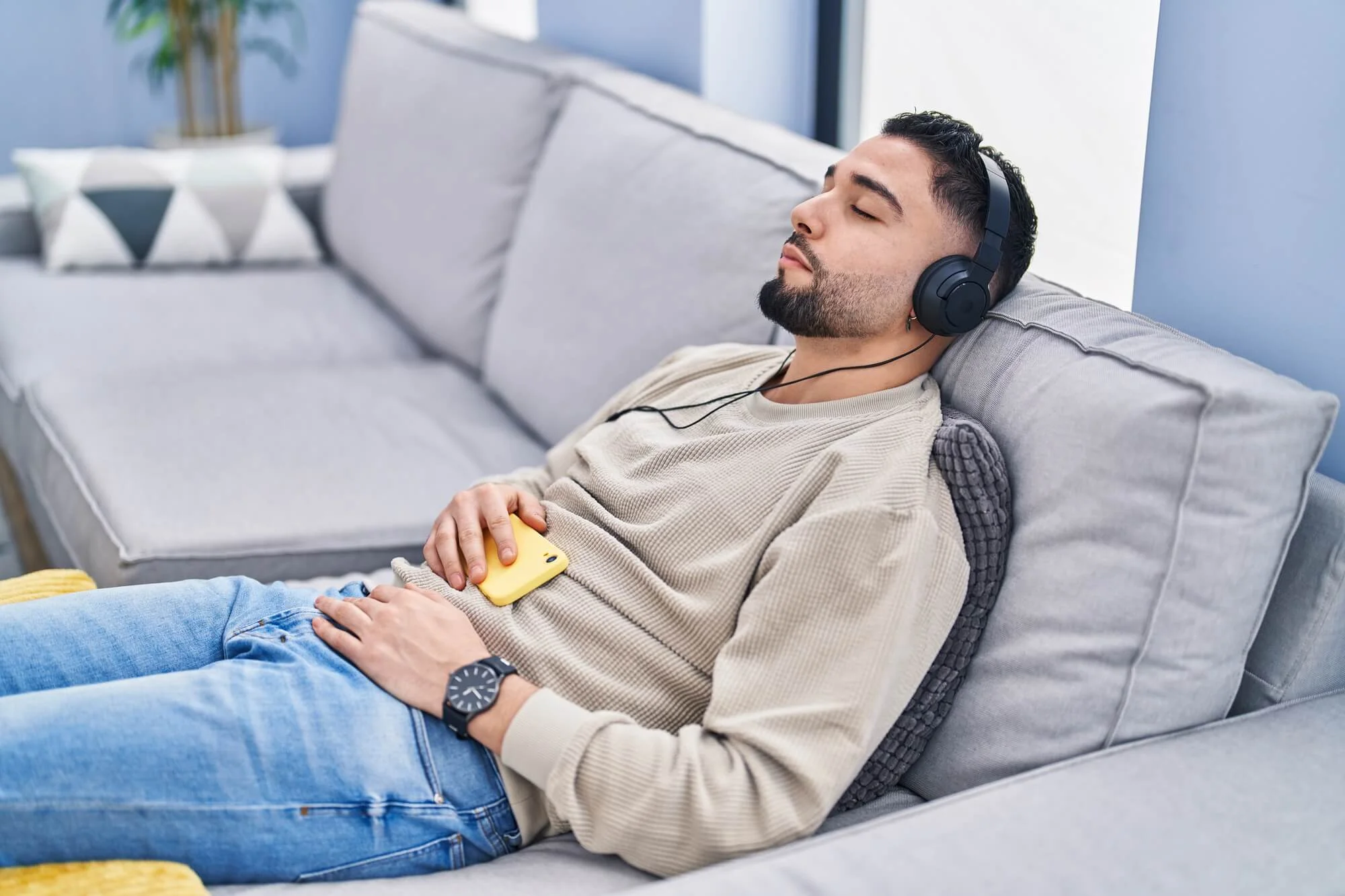If you’ve ever felt like your body reacts faster than your thoughts, you’re not imagining it. Trauma doesn’t just live in memories—it lives in the nervous system. Many people who seek counseling services in Palm Beach Gardens are surprised to learn that emotional healing often begins in the body, not the mind.
The Safe and Sound Protocol (SSP) is one way to help your nervous system find calm again and support your overall mental health.

How Trauma Stays in the Body
When someone experiences trauma, whether it’s a sudden event or long-term stress, their body’s defense system kicks in. The nervous system shifts into survival mode, flooding the body with energy to fight, flee, or freeze. But when that energy doesn’t have a safe place to go, it can stay “stuck,” leaving the body on constant alert even when life is safe again.
The Body’s “Stuck” Alarm System
Your nervous system is like a security system that sometimes gets stuck on high alert. Everyday noises, conversations, or conflicts can feel threatening, even if your mind knows they aren’t.
This can cause:
- Chronic anxiety or irritability
- Fatigue or emotional numbness
- Trouble sleeping or relaxing
- Overreaction to stress or sounds
This is where the Safe and Sound Protocol can make a difference.
What Is the Safe and Sound Protocol (SSP)?
The Safe and Sound Protocol is a sound-based therapy developed by Dr. Stephen Porges, the scientist behind Polyvagal Theory. It uses specially filtered music to help regulate the autonomic nervous system, which is the part of your body that controls stress and safety responses.
Listening to this music helps “retrain” the nervous system to recognize cues of safety. Over time, it allows people to shift from a state of constant stress or shutdown into a calmer, more connected state.
Why SSP Works for Trauma and Anxiety
Traditional talk therapy helps people understand and process what happened to them. But when trauma is stored in the body, cognitive approaches alone can fall short. SSP complements counseling by helping your body calm down enough to actually receive emotional healing.
Many people who have tried SSP report feeling:
- More emotionally balanced
- Calmer in social settings
- Less reactive to stress
- More connected to their loved ones
The beauty of SSP is that it doesn’t rely on words—it works through gentle listening, allowing healing to happen on a physiological level.
SSP and the Polyvagal Connection
Polyvagal Theory explains that humans have three nervous system states:
- Ventral vagal (safe and social): calm, grounded, and open to connection
- Sympathetic (fight or flight): energized or anxious
- Dorsal vagal (shutdown): numb, disconnected, or frozen
SSP helps guide the body back toward the ventral vagal state—the place where healing, creativity, and healthy relationships thrive.
What an SSP Session Looks Like
SSP can be done in a therapist’s office or at home with professional guidance. During a session, clients listen to specially designed music through headphones in a quiet environment. Sessions typically last between 30 and 60 minutes and may be spread over several days or weeks.
A trained therapist supports clients throughout the process, helping them become aware of how their body feels, what emotions arise, and how to remain grounded when discomfort surfaces. The goal is gentle, progressive nervous system regulation—not forcing big emotional breakthroughs.

Supporting Long-Term Healing with Counseling Services in Palm Beach Gardens
Pairing SSP with counseling services can deepen your healing experience. At Juno Counseling and Wellness, therapists trained in trauma-informed care and nervous system regulation offer compassionate support for those navigating anxiety, trauma, or emotional disconnection.
Healing doesn’t mean “erasing” the past. It means helping your body and mind recognize safety again. SSP offers a way to rebuild that connection from the inside out. With the right support, you can feel grounded, present, and empowered to move forward.
If your body feels stuck in survival mode, you don’t have to face it alone. Contact us today to learn more about SSP and trauma-informed counseling services.





.webp)











